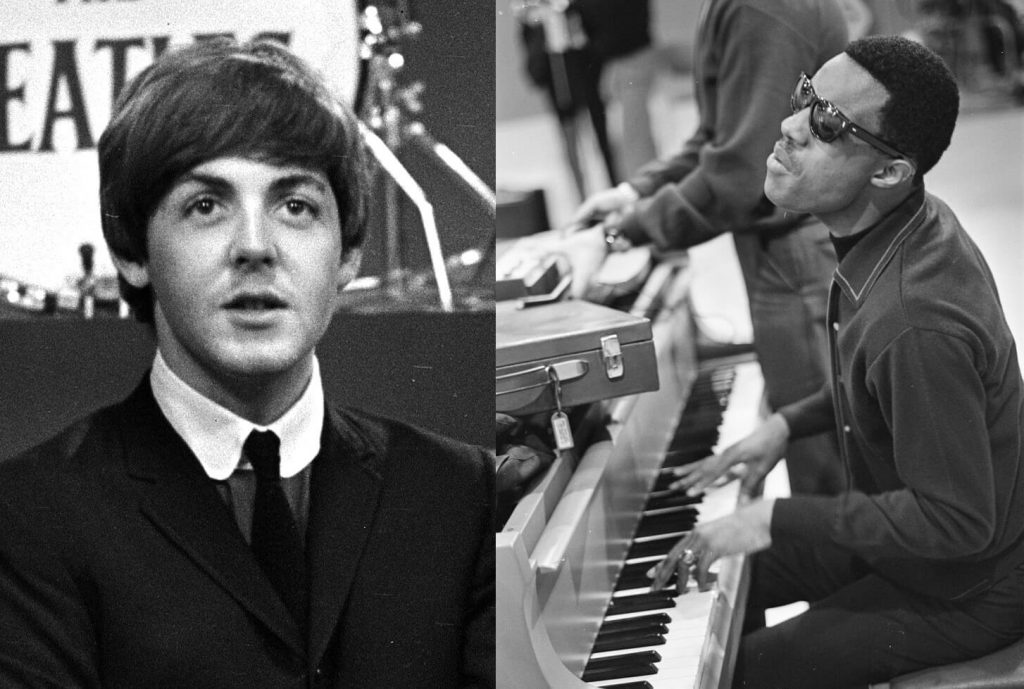“We were forced to be patient,” admits guitarist Theresa Wayman. “I didn’t want to be patient at all, I wanted to start recording as soon as possible. When we recorded The Fool we hadn’t really left Los Angeles and there was a whole world out there that we hadn’t seen and didn’t end up seeing until we finished with The Fool. We changed a lot when we played every night.”
Wayman hums and haws throughout our twenty-minute conversation, often getting distracted by others in her Los Angeles home and only perking up when the topic of Toronto’s embattled mayor Rob Ford comes up. She details the changes the band underwent in the lead-up to their new record slowly and somewhat abstractly but insists they were necessary changes. “We were eager to express all the things we’d realized about music,” she says of Warpaint.
What Wayman and the band learned is reflected in a leaner, more focused record. Many of the band’s critics noted that The Fool stretched itself too thin at times and lacked a cohesive thrust. So when pressed further upon what exactly Wayman and Warpaint realized about their music, she does eventually deliver a succinct answer.
“We wanted to simplify things on this record, if only to stop jerking people around,” says Wayman amidst a constant loud voice in the background. “I’d see the audience generally getting into certain parts of the song and they were the parts that I liked best. And I’d get excited, but then I realized that as much as our fans were getting into the song we were going to throw them a left turn in about ten seconds. Our fans weren’t always sure where the song was going because that was our M.O. at that point. We never wanted to stay in one spot for too long because that’s what pleased us.”
Wayman concedes that the lean, at times parsed sound of Warpaint “might not be what people were expecting from us,” and that “it feels very different to play these songs.”
The casual manner in which Wayman details the evolution in the band’s sound is at first incredibly off-putting, as if the band stumbled upon a new direction. The hazy, wandering spirit of The Fool is still present on the new record, sure. And Wayman’s refusal to give definitive answers insists that the band’s evolution is simply underway, or even just beginning and they’ve still got a long way to go in terms of understanding exactly who they are as a band.
The process may now be taking longer than one might expect for Warpaint. There’s glimpses of a more relaxed band that is enjoying the process throughout Warpaint, particularly during the build in the first single, Love Is To Die. Perhaps this is the new Warpaint: a fun band that doesn’t demand as much from listeners. But again, as Wayman illustrates, it may be too early to tell.
“There’s so many tried and true ways of constructing a song and we’re just trying to figure out the best way for us to construct a Warpaint song,” she says in relative earnest.
“We all like a bit of the avant-garde and we all like a bit of the straightforward stuff. We’re all on the same page. We didn’t want to be cluttering the stage so much and we wanted to be in constant conversation with each other.”
For Theresa Wayman and Warpaint, conversation seems to be important. Whether those conversations do indeed lead to a more focused band still remains to be seen. “I really appreciate the ability to hone in on an amazing bassline or an amazing drumbeat or a killer melody,” she says pointedly. “I don’t think it should be much more complicated than that. You should be able to hear what we’re doing without trying too hard.”
BY JOSHUA KLOKE







